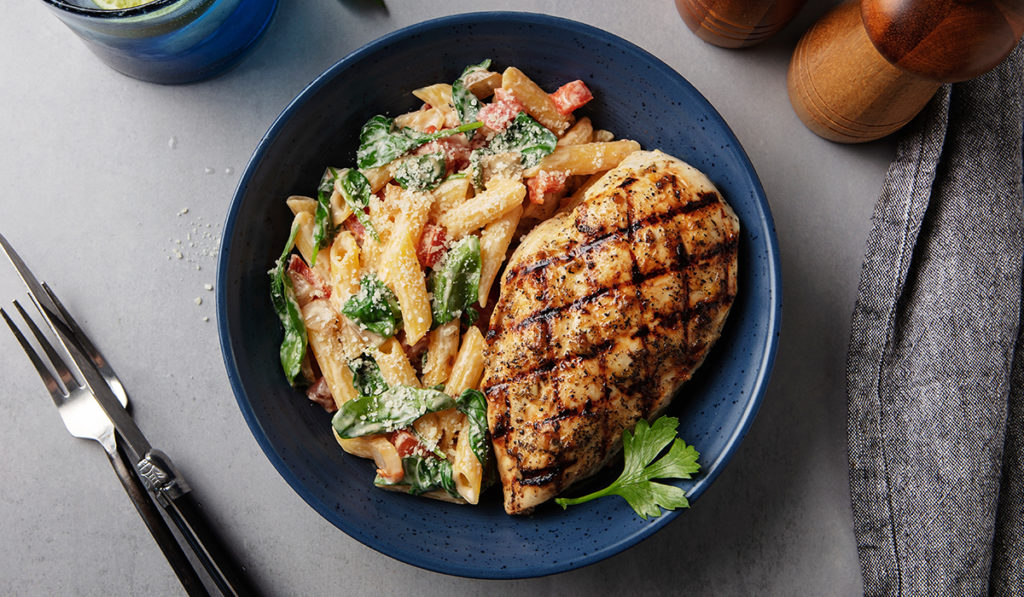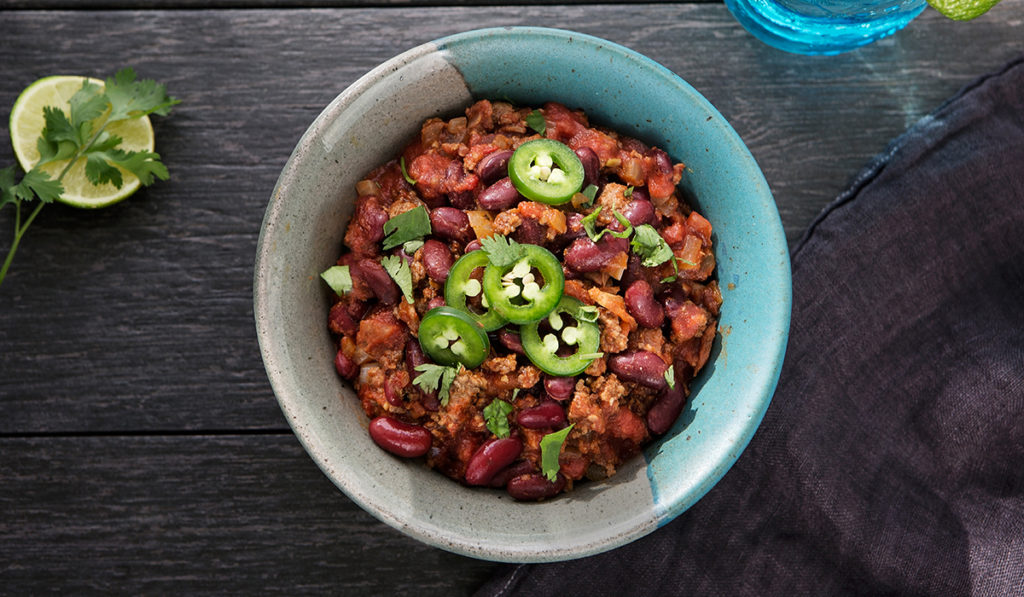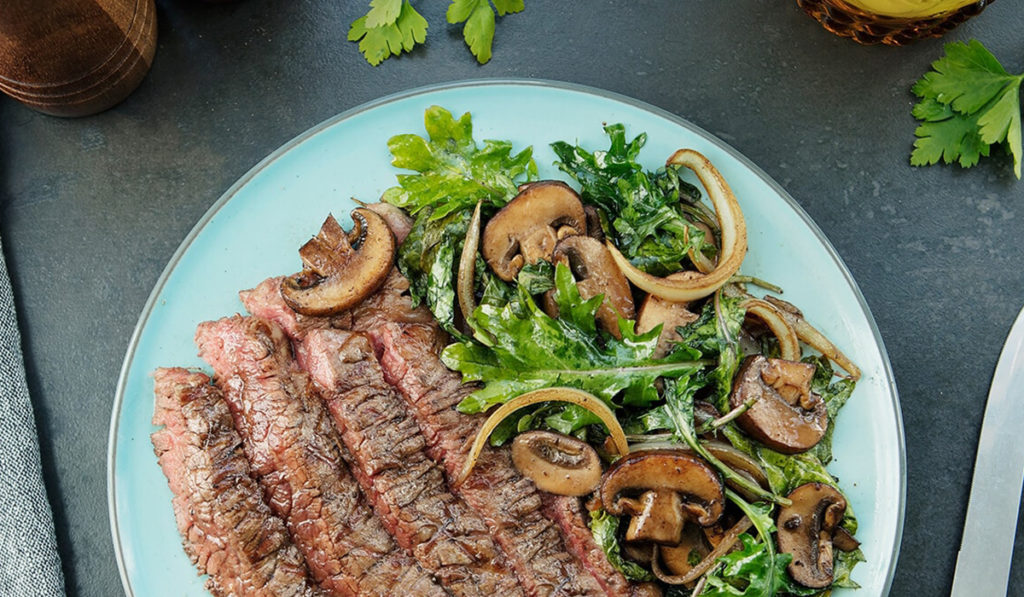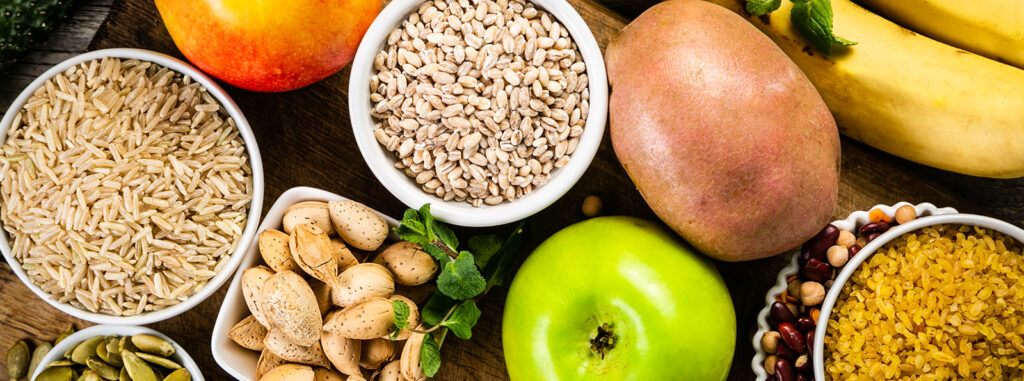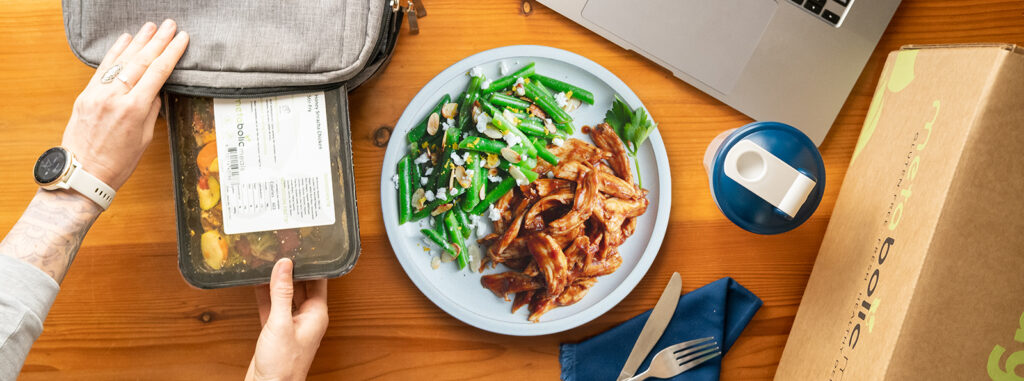The goal at Metabolic Meals has always been to improve health first, which in turn makes fat loss easier. Rather than focusing on portion control and calorie counting, we emphasize food quality, nutrient ratios, and food rotation. This is why we have been a dedicated gluten-free facility from the very beginning. Yes, ALL our meals are gluten free!
What is gluten?
Gluten is the protein found in wheat, barley, rye and spelt. It can also be hidden in some of your favorite foods such as bread, pasta, cereal, desserts, sauces, seasonings and condiments.
When your body digests overly processed foods or substances that it’s sensitive to–often including gluten–the lining of your gut becomes irritated and inflamed. The issues that can result range from interrupting your gut’s ability to produce serotonin to intestinal hyperpermeability. Also called “leaky gut,” this issue is a spin-off point to a long list of potentially severe issues.
While many might think gluten causes damage only in people with celiac disease, more recent findings are showing gluten causes gut permeability at some level in everyone.
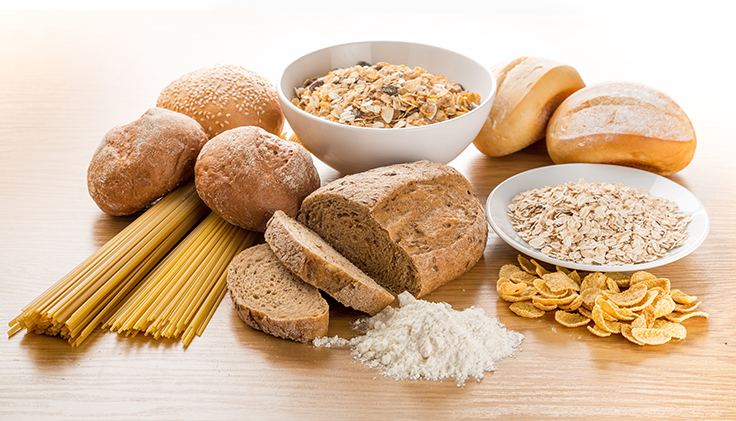
What are the benefits of going gluten-free?
Each person’s ability to digest and assimilate nutrients and other non-nutritive substances is very individual, but here’s a comprehensive list of some benefits of going gluten-free.
- Lower intestinal inflammation: Gluten proteins are well known to be very hard to digest and assimilate. They sit around the lining of the gut and create disturbances that lead to a rush of inflammatory markers like InterLeukin-5 and InterLeukin- 6.
- Symptoms of Type 1 diabetes are reduced through the HPA axis: In plainer terms, this means the stress to your gut when you eat gluten affects both the pituitary and the brain.
- Uninterrupted body function: Hormones are able to function properly so body composition and the way you feel drastically improves.
- Boosts the Immune system: Very similar to the previous points, boosting the adrenals and the hypothalamus has a tremendous downstream effect, keeping your immune system functioning at its best.
- Better body composition: Gluten will typically stress your adrenals and have adverse effects on belly fat.
- Skin problems typically diminish the less gluten is consumed: inflammation caused by the gluten is systemic and can manifest itself in numerous ways, especially through acne and psoriasis.
- Auto Immune symptoms decrease as well: eliminating gluten allows the immune system to repair itself and begin healing many of the pathways that are under fire every day with auto immune disease
What a Sample Day Looks Like
Reminder: ALL of these meals, are gluten-free! Yes, we know it’s surprising.
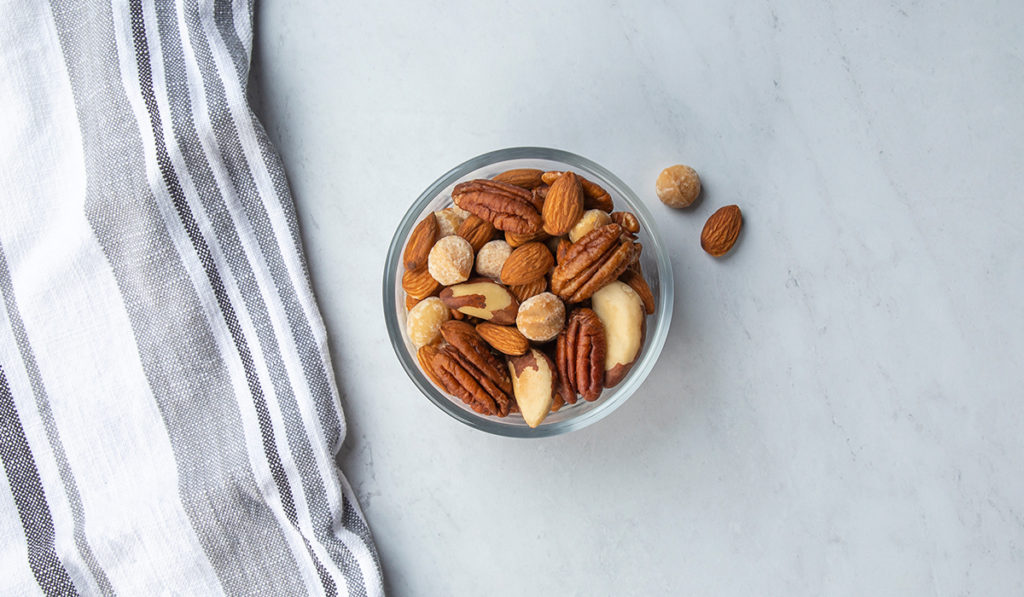
Snack | Mixed nuts
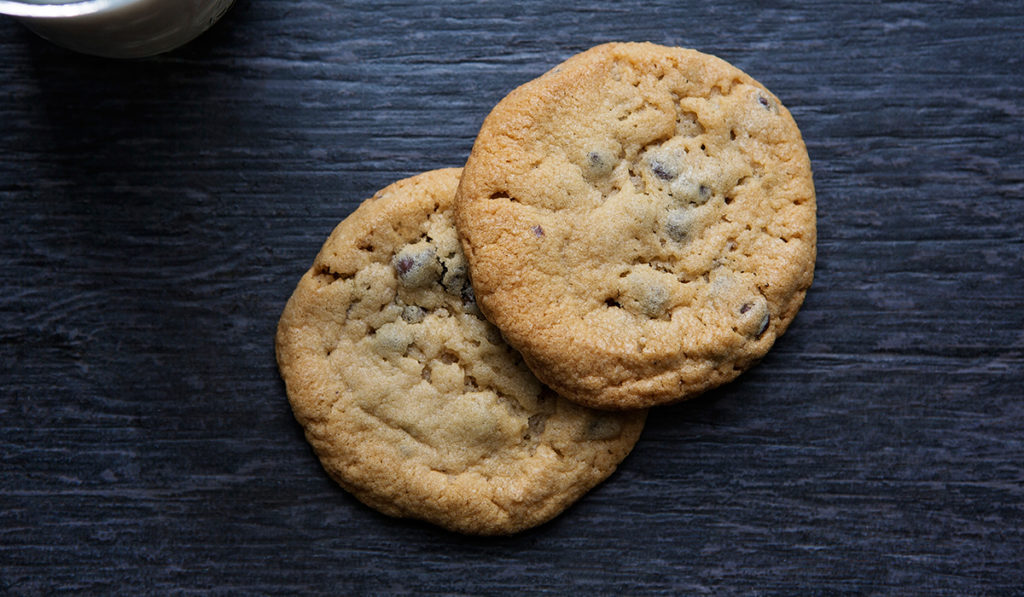
Dessert | Chocolate Chip Cookies
Want to design your own day? Check out the menu or all the gluten-free ready-made meals, signature sides, premium proteins and desserts.
What are the healthy swaps?
If you’re new to eating gluten-free, finding healthy, organic, real food, rather than highly processed corn-based products as replacements is important. Additionally, when we remove gluten, we remove a big source of dietary fiber. Non-gluten sources of fiber can easily be found in buckwheat, teff, legumes, lentils, peas, beans, chia seeds, flaxseed, nuts, seeds, and even fruits like persimmons and apples.
Here are some good strategies to avoid nutrient loss while eating gluten free:
- Choose organic foods. From meats to vegetables to snacks, make sure the foods you’re eating are organic.
- Replace gluten with real food. Avoid highly processed products, even if they might seem convenient.
- Try a variety of new foods. Corn and rice are good staples but give some others a try, such as legumes, seeds, quinoa, teff, or almond flour.
- Plan your meals ahead. If you’re worried you won’t have time during the week to ensure your gluten-free meals contain real, organic ingredients, consider preparing your meals ahead of time or signing up for a meal delivery program. Either way, you’ll save time during the week and know that what you’re eating is good for you.
Want to learn more?


